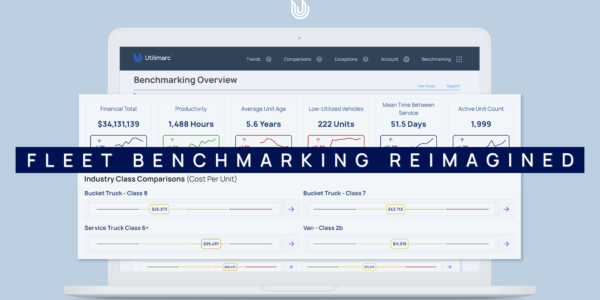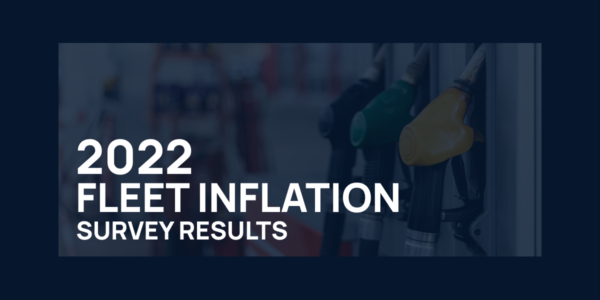
Many fleets today have their own reasons for needing accurate GHG reporting. It could be to monitor the implementation of EVs or alternative fuels, or simply to understand which vehicles are contributing most to their overall emissions. Regardless of the reason, there are several ways a fleet could benefit.

The new benchmarking application features improvements for a more dynamic customer experience and deeper understanding of fleet data. With an expanded report set, increased visualizations and filter capabilities and macro-level Benchmark Study trends, the redesign delivers an in-depth data reporting experience on an intuitive and interactive platform.

The start of a new year brings a new set of objectives and reflection on last year’s goals for most fleet managers. Did your fleet performed as you hoped it would? Do you have what you need to work toward goals for 2023? Business intelligence is a great tool for helping fleets prepare for these changes and create a forward-thinking management strategy.

When it comes to fleet management, the E in ESG can carry a bit more weight. With transportation being one of the greatest contributors to global greenhouse gas emissions, environmental preservation is becoming increasingly important across the industry. The practice of ESG at a higher level helps fleets to stay accountable for their negative and positive impacts.

While we have recovered from the pandemic in many ways, there are new challenges within the supply chain that persist, adding another layer of complexity to fleet management and vehicle replacement. While managers used to plan replacement a year in advance, current lead times have increased to 2-3+ years depending on the vehicle class.

It seems that every few years a new “green fuel” is hitting the market with the hope and promise of […]

On October 11, Utilimarc released the results of their most recent survey covering 2022 Fleet Inflation rates. The survey was run in partnership with Xcel Energy, a utilities company based in Minnesota, and studied how recent inflation has affected the ways in which fleets operate and manage rising costs.

Whether by external mandate or internal initiative, more organizations than ever are monitoring their greenhouse gas emissions and general impact on the environment. Major companies like General Motors, FedEx, Delta and Shell have publicly committed to reaching carbon neutrality as soon as 2030, but the question is – is this goal achievable?

An emissions profile is a powerful tool for supporting fleet sustainability initiatives. The profile closely details a fleet or organization’s total carbon emissions within a certain period of time. This profile includes emissions from activities ranging from energy generation, fuel consumption and other daily operations.